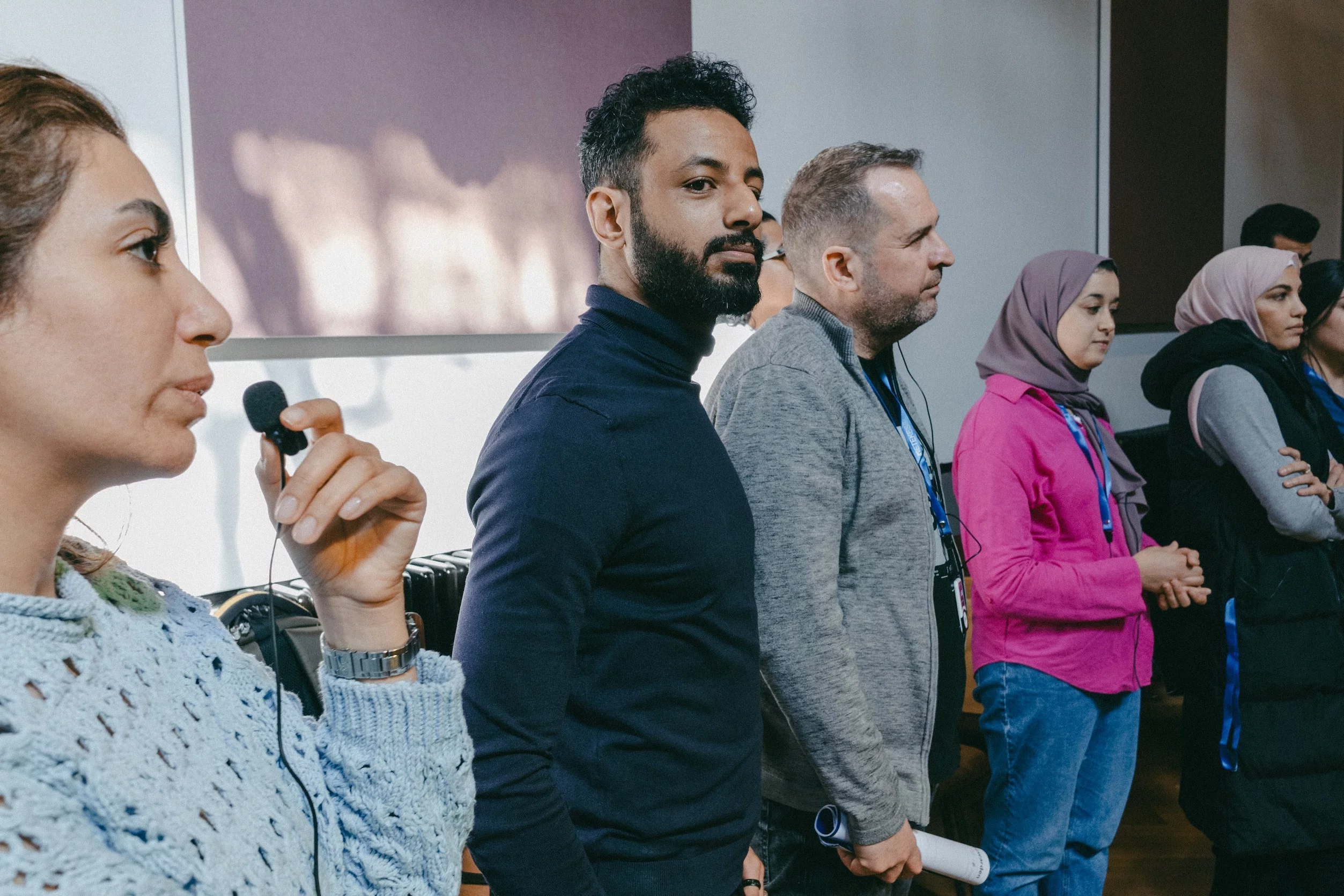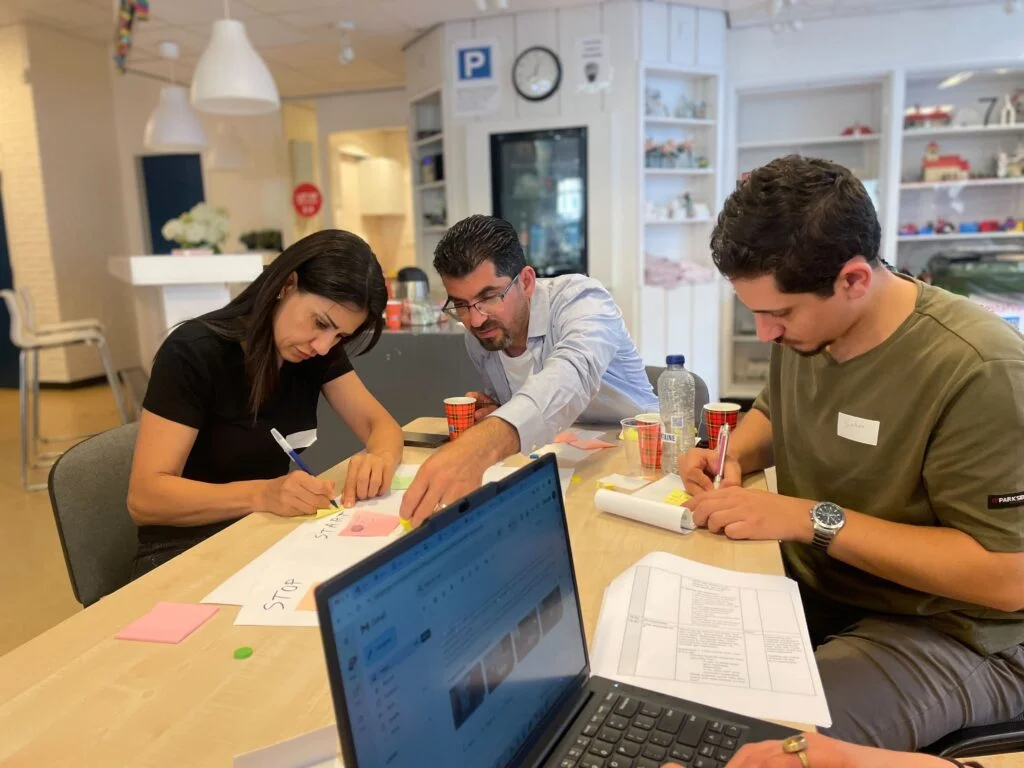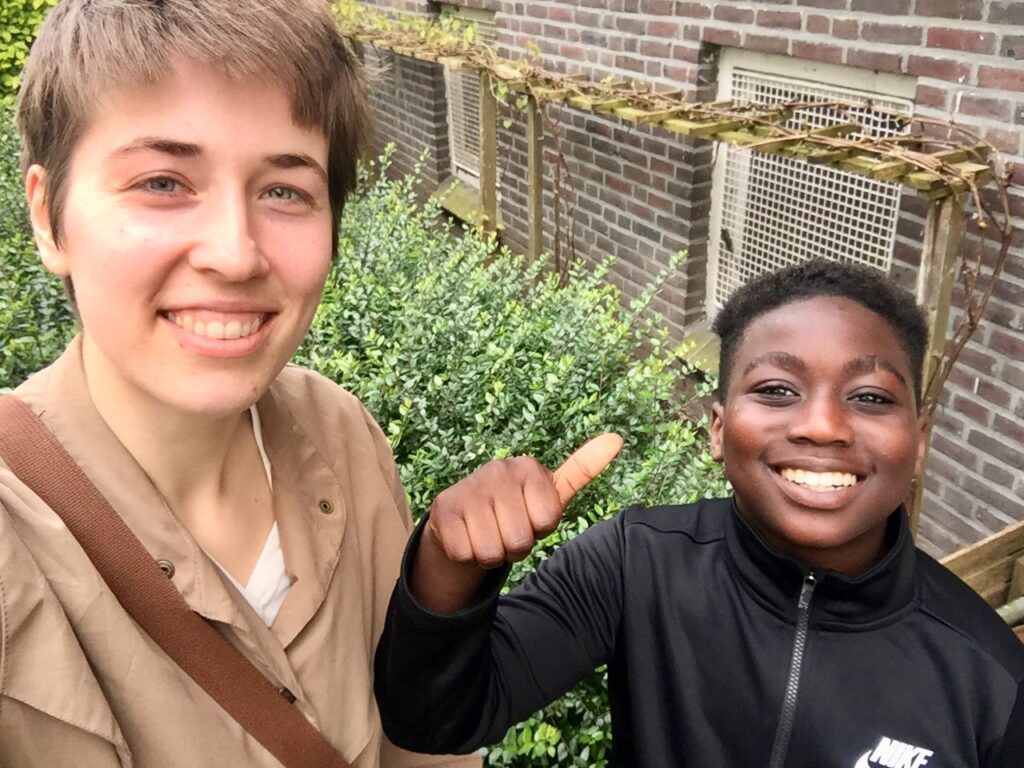For her Master's thesis in Sociology, Chernice Willems researched parents' views on parental involvement during the educational career of children with a migration background. But what exactly is parental involvement for parents with a different cultural background and how do they experience this involvement? The research was conducted through interviews with parents participating in TOMaatjes, a project staff member and an expert on parental involvement in migration background.
By: Chernice Willems
Parental involvement in the Dutch education system
In Dutch education policy, parental involvement is seen as a crucial factor for children's school success. Yet it appears that the dominant image of "involvement" - such as physical presence at school or participation in parent meetings - does not always match the views of parents with a migration background on parental involvement. Many of these parents intensively support their children at home, but experience that their efforts are not always recognized. This can lead to misunderstandings, insecurity and the feeling of falling short, when in reality their involvement is great.
Views of parents
The interviews with parents were analyzed around six themes: parental involvement, barriers, support from the project, social capital, co-creation and future wishes of parents. The results show that many parents feel strongly responsible for their child's school career, but at the same time experience several barriers. Language barriers, uncertainty about their role and a lack of information from school are important obstacles in this regard. Although TOMaatjes directly supports children, parents often feel only indirectly involved in the approach. The focus is mainly on the child, while parents need cooperation and recognition. This underscores the need for an approach in which parents are seen as equal partners.
Recommendations for improvement
The findings from the parent involvement study lead to several recommendations. First, it is recommended that volunteers and coordinators have an open conversation with parents about their expectations and needs at the start of each program. This creates space for recognition and shared ownership. Clear and accessible information about the trajectory and the role of parents is also important here.
In addition, investing in relational trust is essential. Parents appreciate volunteers who are approachable, nonjudgmental, and who take the time to answer questions. Working with regular volunteers per family can help build lasting relationships. Training in culturally sensitive communication can help volunteers have conversations that include parents' knowledge and concerns.
A third recommendation focuses on strengthening networks between parents. In the current set-up, parents hardly meet each other (in online classes), while it is precisely this social contact that can provide support, recognition and shared trust. Accessible parent meetings, for example around practical themes, can provide this.
Furthermore, structural parent involvement in the development of the project appears desirable. This can take the form of a sounding board group or short evaluation moments, provided this participation actually leads to adjustments in practice. In this way, co-creation - in which the parents' knowledge of experience serves as a valuable starting point - is given concrete form.
Policy implications
Lessons can also be learned at the policy level from the research on parent involvement. Volunteer projects like TOMaatjes move in the tension between informal support and formal assistance. It is precisely this position that makes them accessible and powerful. Policymakers should therefore recognize not only the child-centered outcomes, but also the impact on parents. This calls for forms of funding that provide space for strengthening parent relationships.
Conclusion research parent involvement
The research shows that parent involvement in families with an immigrant background is often present, but not always visible or recognized. Parents need cooperation, recognition and accessible information. By actively involving them and taking them seriously, volunteer projects such as TOMaatjes can contribute not only to children's school success, but also to strengthening trust, direction and parents' position within the education system.
Download report
"Views on parental involvement in the educational careers of children from immigrant backgrounds: A qualitative study of the Home Education Buddies (TOMaatjes) Project."




